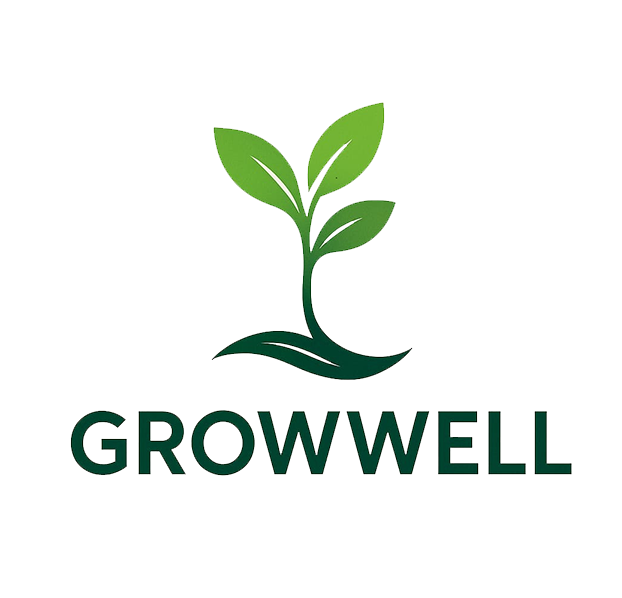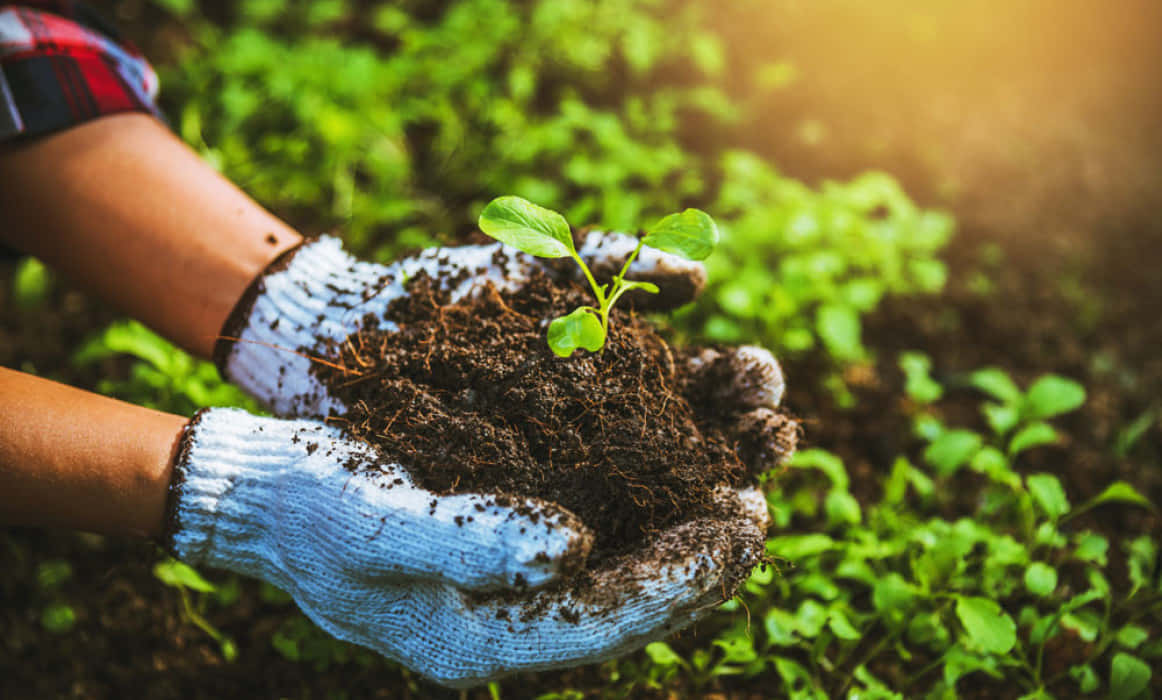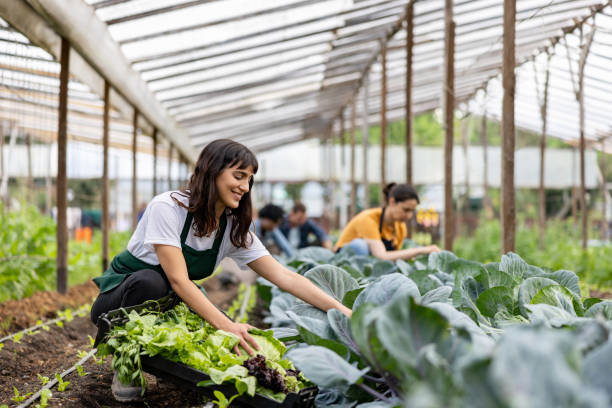Introduction: Sustainable farming is emerging as one of the most important trends in the agriculture industry. With the rising concerns over climate change, soil depletion, and environmental impact, sustainable farming practices are becoming a necessity. In this blog, we will explore what sustainable farming is, its benefits, and how it can shape the future of agriculture.
What is Sustainable Farming? Sustainable farming focuses on producing food in a way that is environmentally friendly, economically viable, and socially responsible. It involves practices that preserve natural resources, reduce pollution, and maintain the health of ecosystems.
Key Principles of Sustainable Farming
Crop Diversity: Growing a variety of crops to improve soil health and reduce pest vulnerability.
Soil Conservation: Implementing techniques like crop rotation, cover cropping, and minimal tillage to preserve soil fertility.
Water Management: Using efficient irrigation systems to conserve water.
Energy Efficiency: Reducing the energy consumption of farming operations through renewable energy sources.
Benefits of Sustainable Farming
Environmental Benefits: Reduces pollution and conserves water and soil.
Economic Benefits: Sustainable farming can reduce input costs in the long run and create new markets for environmentally-conscious consumers.
Social Benefits: Encourages community involvement and improves the livelihoods of farmers by promoting fair trade and ethical practices.
Challenges in Implementing Sustainable Farming
Initial Investment Costs: Transitioning to sustainable practices may require upfront costs for new technology or equipment.
Knowledge Gaps: Farmers may need additional training or education to adopt new practices.
Market Demand: Not all consumers are willing to pay a premium for sustainably-produced goods.
Technological Advancements in Sustainable Farming
Precision Agriculture: Using data analytics, GPS, and sensors to optimize farm operations.
Vertical Farming: Growing crops in vertically stacked layers to save space and reduce water usage.
Drones and AI: Monitoring crops and optimizing yield through artificial intelligence and drone technology.
The Role of Governments and Policies Governments play a significant role in promoting sustainable farming by offering incentives, subsidies, and regulations that encourage the adoption of eco-friendly practices.
The Future of Sustainable Farming As the global population grows and climate change accelerates, the demand for sustainable farming practices will increase. By embracing innovative technologies, supporting sustainable policies, and promoting consumer awareness, sustainable farming can contribute to a more resilient and productive agricultural system.


